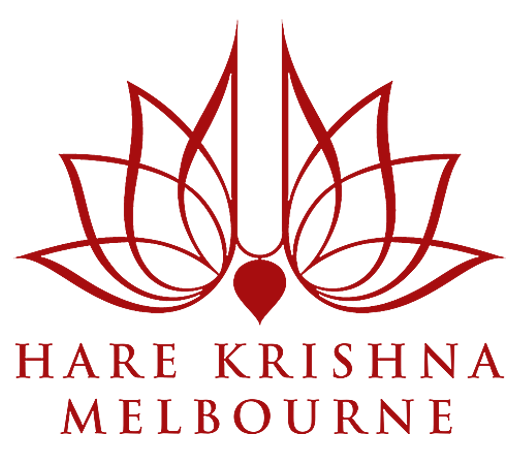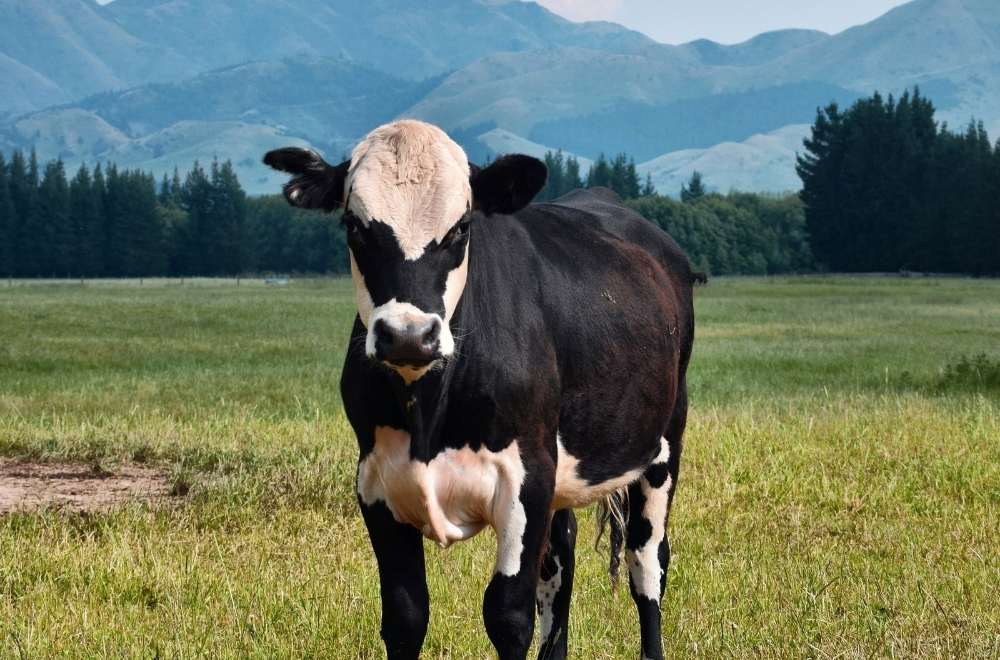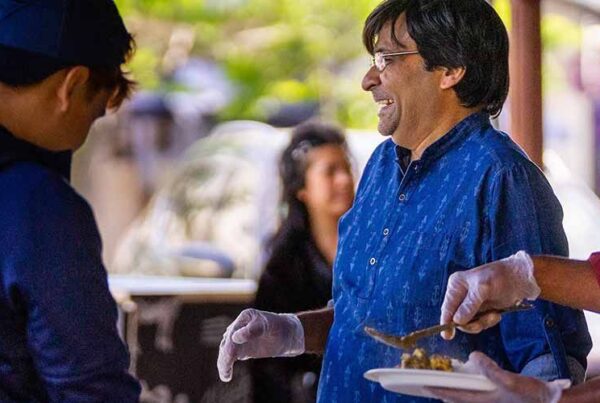World Milk Day was established by the UN’s Food and Agriculture organisation to establish milk as a global food. This day is celebrated to promote benefits of milk and related products for consumption. Australia’s main dairy consumption comes from milk, cheese, butter, and yoghurt, with our average milk consumption coming in at 100L per person. In fact, around 70% of our daily milk consumption in 2020 came from regular fat milk, with only 2% of our milk coming from milk alternatives.
Have you ever given a thought how milk reaches your nearest department store from cows? Milk packed in different bottles appear to be the same but the story behind regular milk and cruelty free milk is as different as chalk and cheese.
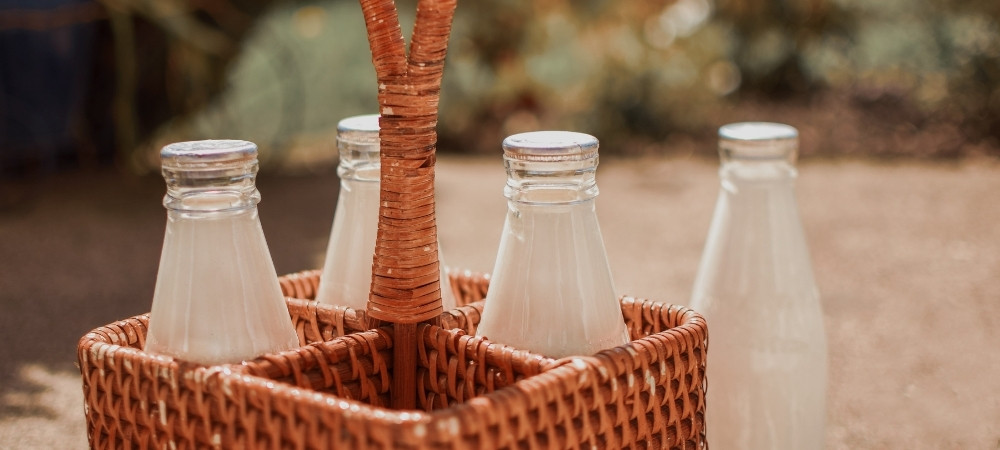
Demystifying Modern Dairy
“Man is the only creature that consumes without producing. He does not give milk, he does not lay eggs, he is too weak to pull the plough, he cannot run fast enough to catch rabbits. Yet he is lord of all the animals.” – George Orwell
The application of technology in modern dairy milk production from dairy herds has greatly increased, however it has come at a large cost to cows and their calves. Modern dairy practices such as force feeding on a diet of maze, soy corn and barley, has resulted in health and welfare consequences such as mastitis, lameness, and ulcers in cows. Another serious welfare issue is where the calf is forcibly separated from her mother within twelve hours of birth. After being forcibly separated, the mother cow is highly stressed and restless in her attempt to reunite with her calf through sniffing, increased vocalisation, and other activities wild cows employ to reunite with their calves. And, if the calf is a male, it is immediately sent to the slaughterhouse for slaughter. Thus, the modern dairy cow is fragile and short-lived as she never gets to raise her calf.
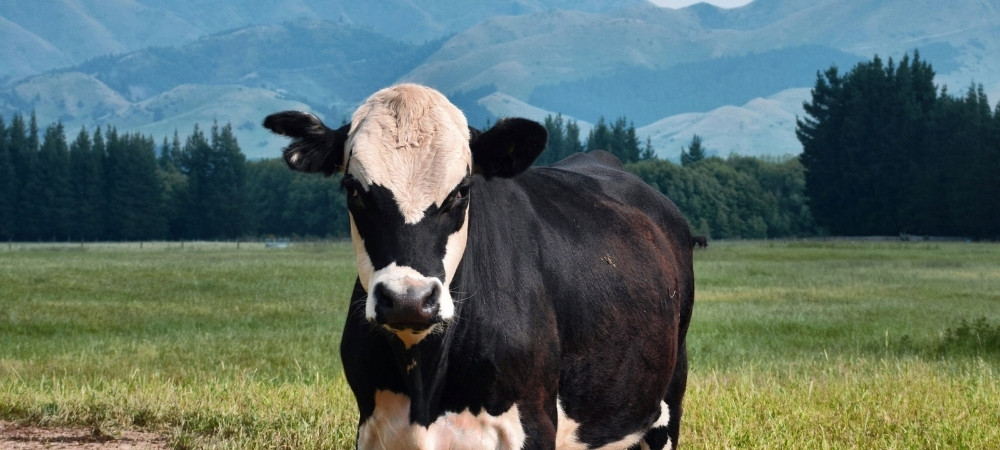
Australia’s kindest milk (Cruelty Free, Ethical and Premium)
Cruelty free milk comes from farms where farmers believe that milk should be taken only when the giver of the milk, mother cow, is healthy and happy. They do not look at cows as milk producing machines meant for commercialisation. Rather, they view cows as pets and give them the same love, respect, and care that other families would give companion animals like cats or dogs. Each cow has a name, is given the required healthcare she needs and is protected for life, till she dies a natural death. In a symbiotic relationship of love and trust, the cow shares her extra milk freely with the farmer which he can then use or distribute.
On these farms, local jersey cows are happy as queens as they get to raise their own calves and are not forcefully separated from their babies. They can graze freely, and no animals are ever sent to the slaughterhouse. Cows are healthy as there is no artificial insemination and no hormones or antibiotics that harm her health. Consequently, the milk obtained from the cows is rich, creamy, wholesome, fresh, and organic.
Health and nutrition benefits of Cruelty free milk
Cruelty free milk is loaded with essential vitamins and minerals including:
- Calcium
- Phosphorus
- Protein
- Riboflavin,
- Vitamin D
The vitamins and minerals obtained from the cruelty free milk play a significant role in growth, formation, development and maintaining strong bones and teeth. It also facilitates immune function, wound healing, and controlling muscle contractions (including heartbeat). In addition to these important benefits, cruelty free milk also reduces the risk of a stroke, kidney stones, and cardiovascular disease. It helps to create serotonin, which helps to improve mood, appetite, and sleep quality, all of which are associated with reducing depression. It assists with maintaining normal blood pressure and muscle building by repairing body tissues and preventing loss of muscle mass.
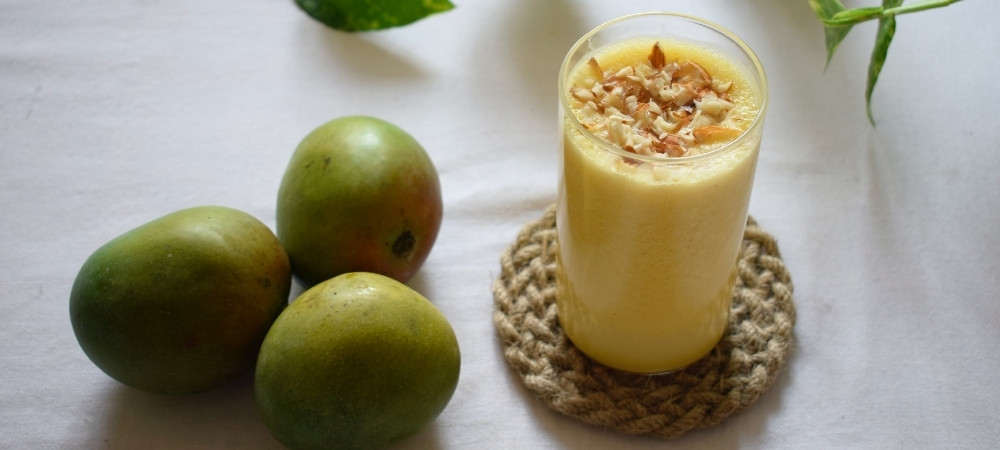
Make the Choice to Go Cruelty Free
There are various options of milk to make your next smoothie. Which one will you choose? For a healthier, tastier, and compassionate alternatives, see the list of Melbourne stores where you can find cruelty free milk.
At Hare Krishna Melbourne, we run a program called Care For Cows at our Hare Krishna Valley farm where we also often run events and retreats to help you connect with nature – including our beautiful cows.
